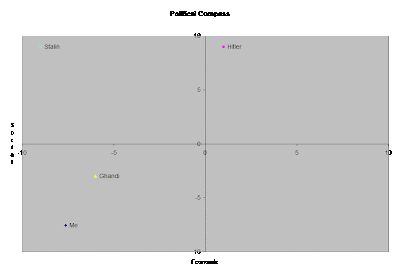Virtual Worlds and Teaching
Experiences, Results, and Possibilities
Presentations and workshops offered for the WMU community by participants in the Virtual Reality in Teaching and Learning Presidential Innovation Grant.
Presentations
Learn about the virtual world projects! WMU faculty and doctoral students will describe their experiences using virtual worlds in their teaching during the 2006-7 school year. Although presentations will focus on literature teaching, they will be of interest across disciplines.
May 29, Tuesday
10:00-11:30
Sangren Hall, Dean's Conference Room, 3rd Floor
Allen Webb, Introduction
Gwen Tarbox, Judith Ortiz Cofer
Linda Dick, Pied Piper
Todd Bannon, Charles Dickens
Joe Haughey, “Midsummer Night’s Dream”
Tim Heacock, “The Tempest”
June 6, Wednesday
3:00-5:00
Sprau Tower, 10th Floor
Allen Webb, Things Fall Apart
Cynthia Klekar, Moll Flanders
Todd Kuchta, Mrs. Dalloway
Steve Feffer, Angels in America
Casey Mckittrick, Native Son
Gretchen Voskuil, Of Mice and Men
Workshops
Design your own virtual world!
Experienced faculty as well as student technology support will be available to help you design and develop a virtual world you would like to use in your teaching and/or scholarship.
May 29, Tuesday
3:00-5:00
1215 Wood Hall
June 6, Wednesday
3:00-5:001215 Wood Hall
Questions:
allen.webb@wmich.edu







